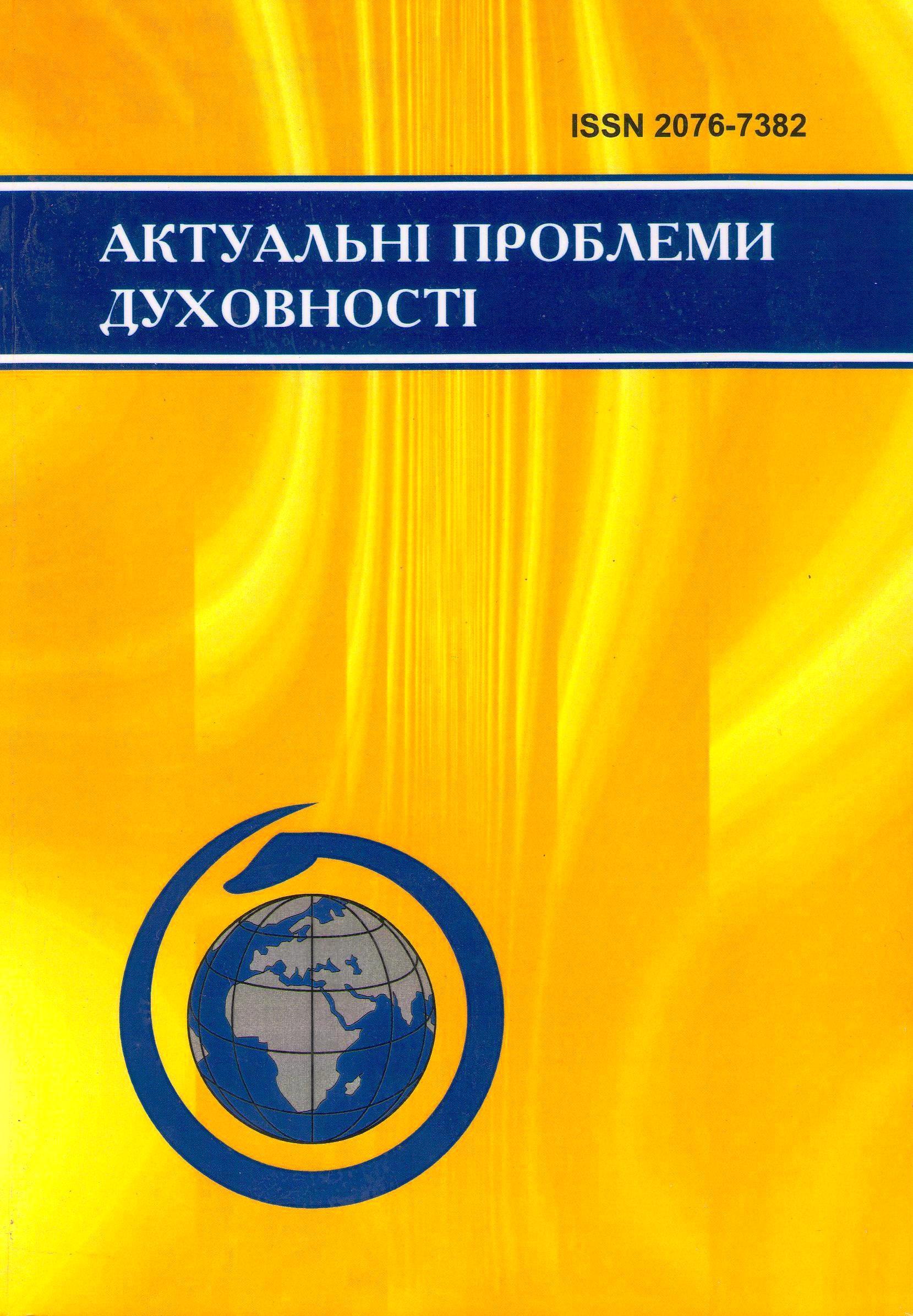The Demarcation Problem: Karl Popper’s Solution in the Contemporary Retrospective
DOI:
https://doi.org/10.55056/apm.7730Keywords:
demarcation, falsification, science, empirical, metaphysics, pseudoscienceAbstract
The article analyses post-Popperian debates about the problem of demarcation. The case is made that Karl Popper’s proposition to demarcate empirical science from the rest («metaphysics») on the basis of falsifiability as the criterion of empirical character of theories remains a tenable way of seeing the most valuable aspect of the character of the scientific enterprise. It is explained that for the falsifiability criterion to be adequate for the purpose, we should consider it, as Popper did, as two-aspect — involving the logical content of theories and the critical attitude of researchers. Although falsifiability, in this sense, is not sufficient to neatly demarcate science from non-science, it can be considered as the most important necessary condition, which can be supplemented by some further requirements, for an empirical hypothesis to count as part of the body of science. In particular, it is argued that Lee McIntyre’s proposition to see empirical science as a matter of what he calls «scientific attitude» perfectly fits with this falsifiability-based perspective. William Bartley’s and Harry Laudan’s deflationary approaches to the demarcation problem are criticised as failing to recognise the practical significance of distinguishing what is and what is not empirical science, and the necessity of some theoretical grounding (however imperfect) for practicing this distinction. The suggestions of Joseph Agassi, Imre Lakatos, and Thomas Kuhn purported at the improval of Popper’s demarcational proposition are discussed, and the author’s own proposition is advanced and explained. It is also pointed out that Popper’s remark that the distinctive feature of scientific theories is openness to criticism and modification in its light serves as the basis for a wider conception of science, without the qualification «empirical».
Downloads
References
Agassi J. Popper and His Popular Critics. Springer, 2014.
Agassi J. Science in Flux. Dordrecht, Boston: D. Reidel Publishing Company, 1975.
Agassi J. The Nature of Scientific Problems and Their Roots in Metaphysics. The Critical Approach to Science and Philosophy. London: The Free Pree of Glencoe, 1964.
Bunge M. Medical Philosophy. London, New York: World Scientific, 2013.
Bunge M. What Is Pseudoscience? The Skeptical Inquirer. 1984. Vol. 9. P. 36-46.
Bunge M. (1991). What Is Science? Does It Matter to Distinguish It From Pseudoscience? New Ideas in Psychology. 1991. Vol. 9(2). P. 245-283.
Bartley W. Theories of Demarcation Between Science and Metaphysics. Problems in the Philosophy of Science. Amsterdam: North-Holland Publishing Company, 1968. P. 40-64.
Bartley W. The Retreat to Commitment. 2-nd ed. La Salle, Illinois: Open Court, 1984.
Feyerabend P. Consolations for the Specialist. Criticism and the Growth of Knowledge. Cambridge, London: Cambridge University Press, 1970. P. 197-230.
Cioffi F. Psychoanalysis, Pseudo-Science and Testability. Popper and the Human Sciences. Dordrecht, Boston, Lancaster: Martinus Nijhoff Publishers, 1985. P. 13-44.
Grünbaum A. Is Freudian Psychoanalytic Theory Pseudo-Scientific by Karl Popper’s Criterion of Demarcation? American Philosophical Quarterly. 1979. Vol. 16(2). P. 131-141.
Kuhn T. Logic of Discovery or Psychology of Research? Criticism and the Growth of Knowledge. Cambridge, London: Cambridge University Press, 1970. P. 1-23.
Kuhn T. Reflections on my Critics. Criticism and the Growth of Knowledge. Cambridge, London: Cambridge University Press, 1970. P. 231-278.
Kuhn T. The Structure of Scientific Revolutions. Chicago: University of Chicago Press, 1962.
Lakatos I. Falsification and the Methodology of Scientific Research Programmes. Criticism and the Growth of Knowledge. Cambridge, London: Cambridge University Press, 1970. P. 91-196.
Lakatos I. Science and pseudoscience. The Methodology of Scientific Research Programmes. Cambridge University Press, 1978. P. 1-7.
Laudan L. The Demise of the Demarcation Problem. Physics, Philosophy and Psychoanalysis. Dordrecht: D. Reidel, 1983. P. 111-127.
Mahner M. Science and Pseudoscience. How to Demarcate after the (Alleged) Demise of the Demarcation Problem. Philosophy of Pseudoscience. Chicago, London: The University of Chicago Press, 2013. P. 29-44.
McIntyre L. The Scientific Attitude: Defending Science from Denial, Fraud, and Pseudoscience. Cambridge, London: The MIT Press, 2019.
Miller D. Being an Absolute Skeptic. Science. 1999. Vol. 284. P. 1625-1626.
Miller D. Critical Rationalism: A Restatement and Defence. Chicago and La Salle, Illinois: Open Court, 1994.
Pigliucci M., Boudry M. (eds.) Philosophy of Pseudoscience. Chicago, London: The University of Chicago Press, 2013.
Popper K. Conjectures and Refutations. London: Routledge and Kegan Paul, 1962.
Popper K. Normal Science and Its Dangers. Criticism and the Growth of Knowledge. Cambridge, London: Cambridge University Press, 1970. P. 51-58.
Popper K. Objective Knowledge. An Evolutionary Approach. Oxford University Press, 1972.
Popper K. Realism and the Aim of Science. London, New York: Routledge, 1983.
Popper K. Remarks on the Problems of Demarcation and Rationality. Problems in the Philosophy of Science. North Holland Publishing Company, 1968. P. 88-102.
Popper K. The Logic of Scientific Discovery. New York: Harper & Row, 2005.
Popper K. The Open Society and Its Enemies. Vol. 2. London: George Routledge & Sons, 1945.
Popper K. The Poverty of Historicism. London: Routledge & Kegan Paul, 1957.
Watkins J. Against «Normal Science». Criticism and the Growth of Knowledge. Cambridge, London: Cambridge University Press, 1970.
Downloads
Published
Issue
Section
License
Copyright (c) 2024 Дмитро Петрович Сепетий

This work is licensed under a Creative Commons Attribution 4.0 International License.





